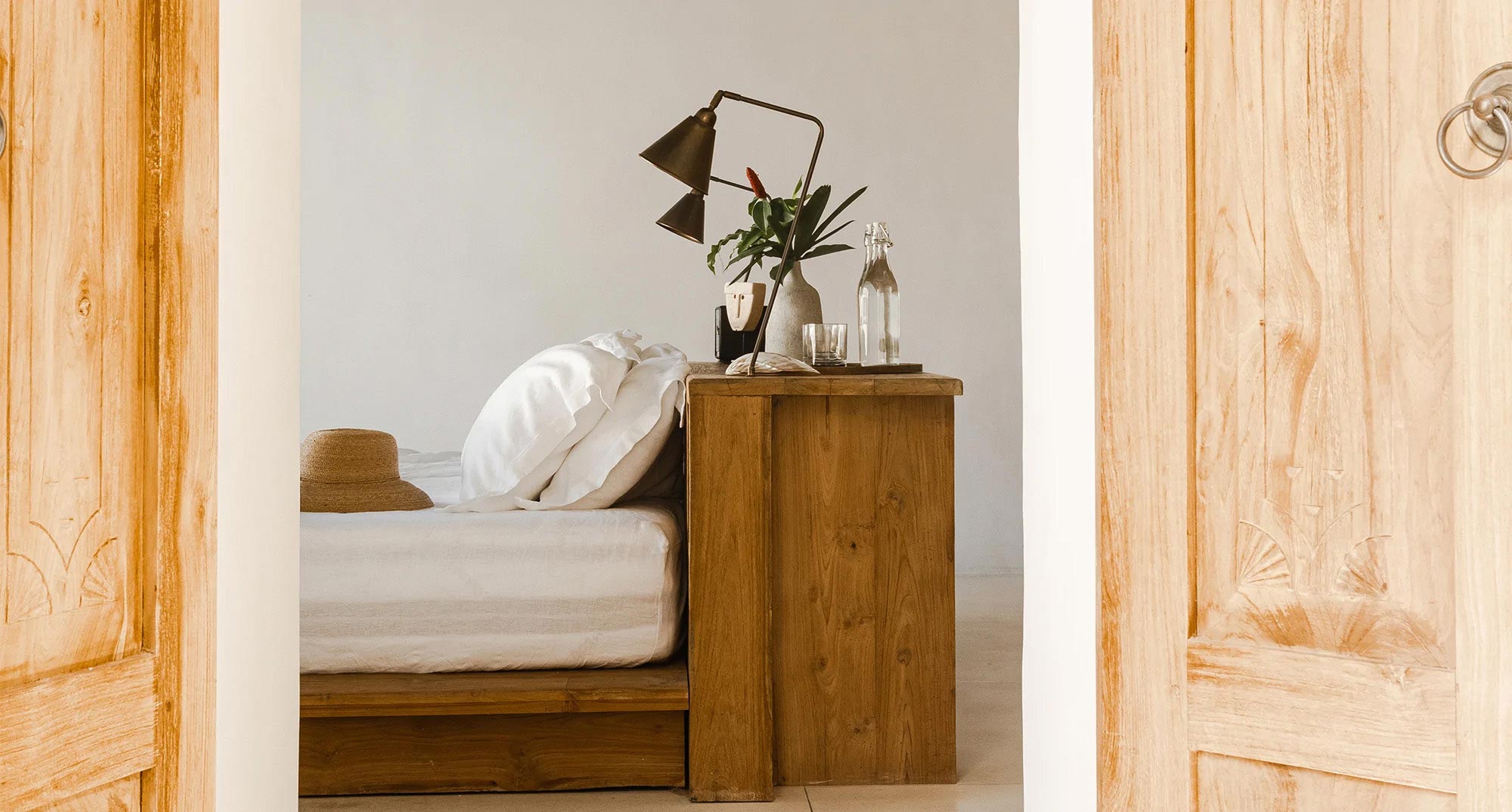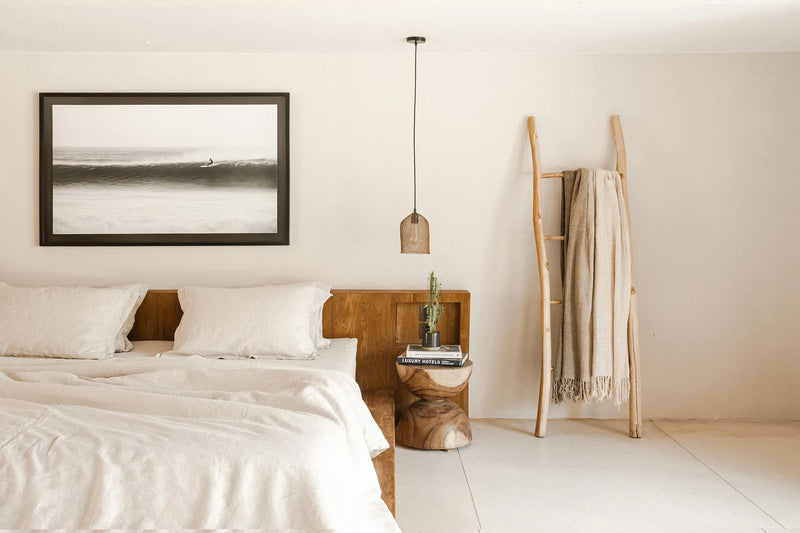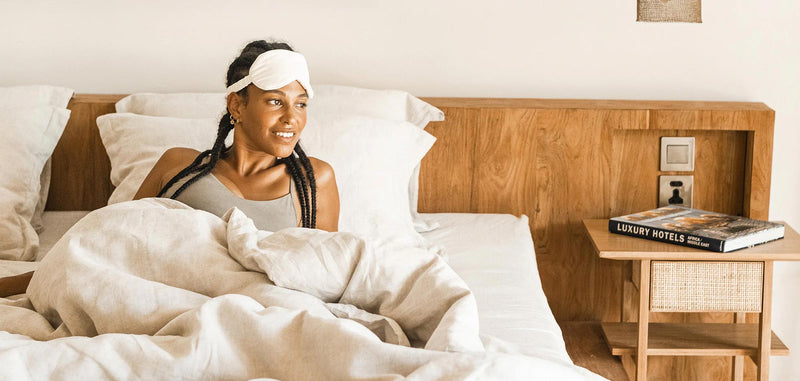There are different factors that affect the amount of sleep we need at a particular stage in our lives. One such factor is age; with the amount of time we spend sleeping diminishing as we grow older. We tend to sleep for up to 16 hours a day when we are at the infant stage. This reduces to around 9 hours a day when we are teenagers and down to 7-8 hours when we become adults. These figures reflect the average time, though the amount of sleep each person needs varies on a case-by-case basis. The pattern also changes during the first few months of pregnancy for women as their bodies adjusting to the hormonal changes. They may end up sleeping for more hours than they normally do.

In cases where people fail to sleep well, they may end up sleeping more on the next day to make up for the lost sleep. This is the body's way of restoring things back to normal. The body will always show side effects when we are sleep deprived. It comes in the form of impaired judgment, clumsiness, slow reaction time, mood swings and hallucinations.
As people grow older, the amount of sleeping time tends to reduce. They start sleeping lightly even though the body still needs the same amount of sleep as it did during the early stages of adulthood. About half the people who are over the age of 65 tend to have sleeping problems. They have problems such as insomnia while others have shorter deep sleep stages. Some people may not even be able to experience the deep sleep stage. This may be as a result of aging and in some cases, it could be a possible side effect of the medication that they are taking.
According to the experts, there are several behavioral patterns that act as signs to help us identify when people are sleep deprived. One such symptom is when you start feeling drowsy during the daytime activities. There are also people who fall asleep immediately after they lie down and this is a telltale sign of how sleep deprived they are. In addition, there are instances where people unknowingly have short periods of sleep when they are meant to be awake, and this can also be taken as a sign of sleep deprivation. The fact that people are used to working for longer hours is responsible for many cases of sleep deprivation.
Studies have been conducted on a group of sleep deprived people and they prove how dangerous sleep deprivation can be. The tests used driving simulators and monitored the coordination between the eyes and hands in people who are sleep deprived. Sleep deprived people were found to perform worse than people who were intoxicated. It was also established that people who are sleep deprived are likely to become more impaired by alcohol than people who are well rested. Over a thousand deaths are attributed to sleep deprivation every year. Using stimulant such as drinks containing caffeine does not really help to keep you awake. If you find yourself yawning or experiencing memory lapses, you are probably not fit to drive. You need to get enough rest before proceeding.












